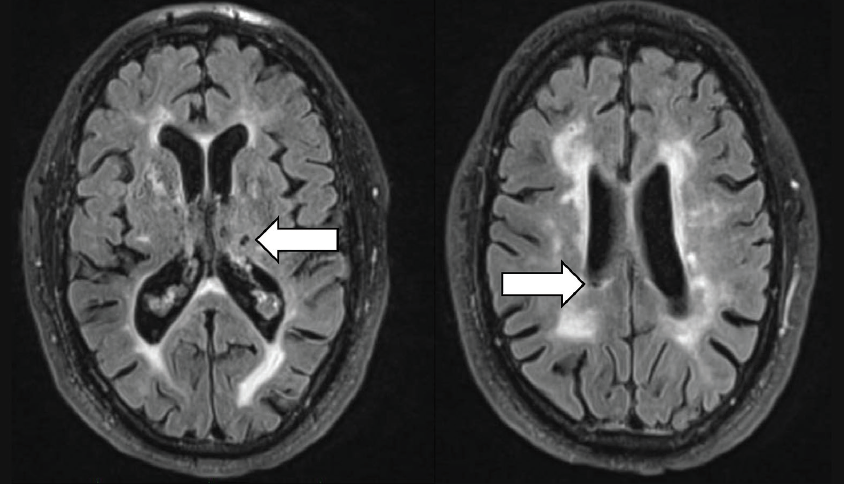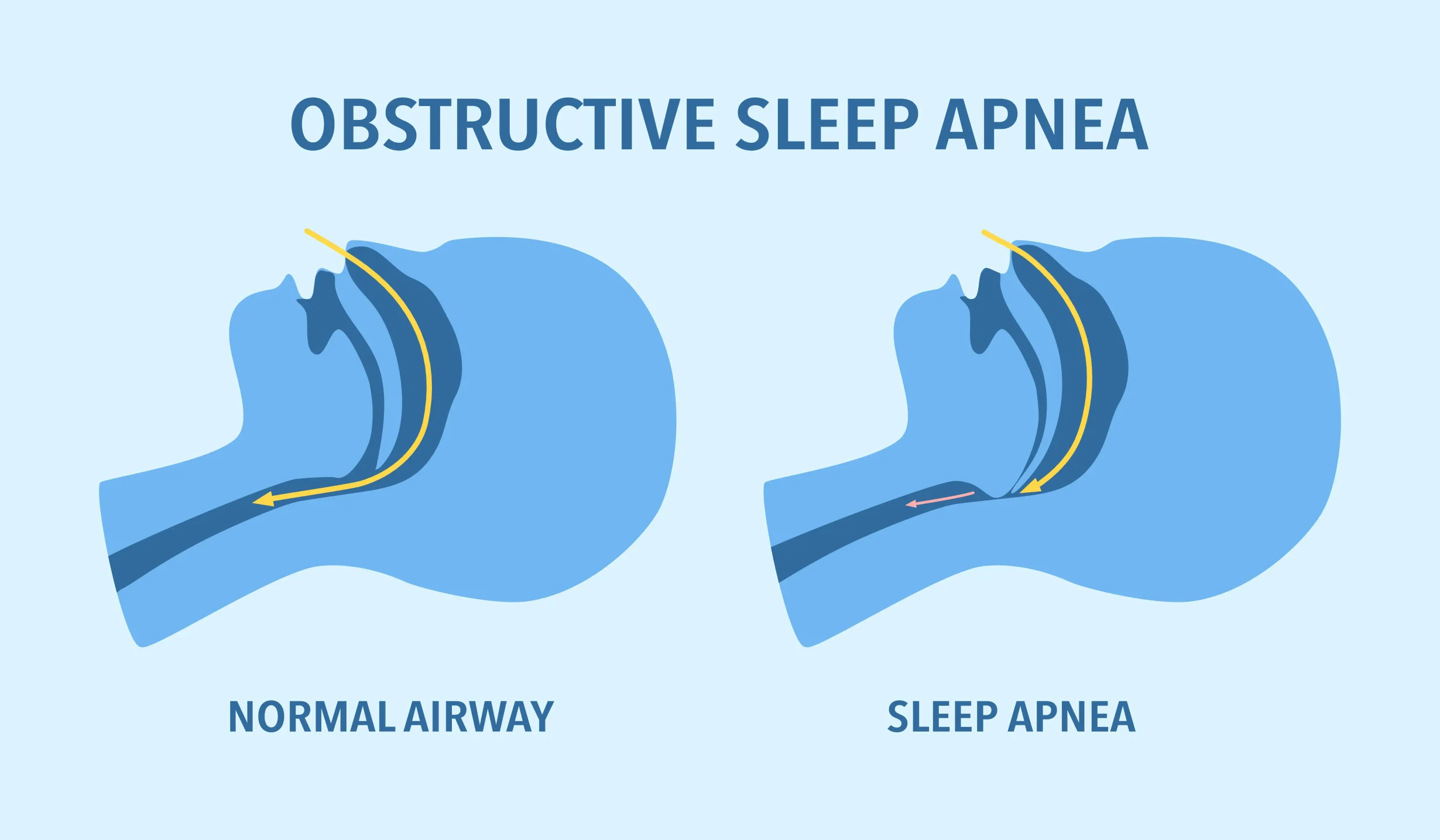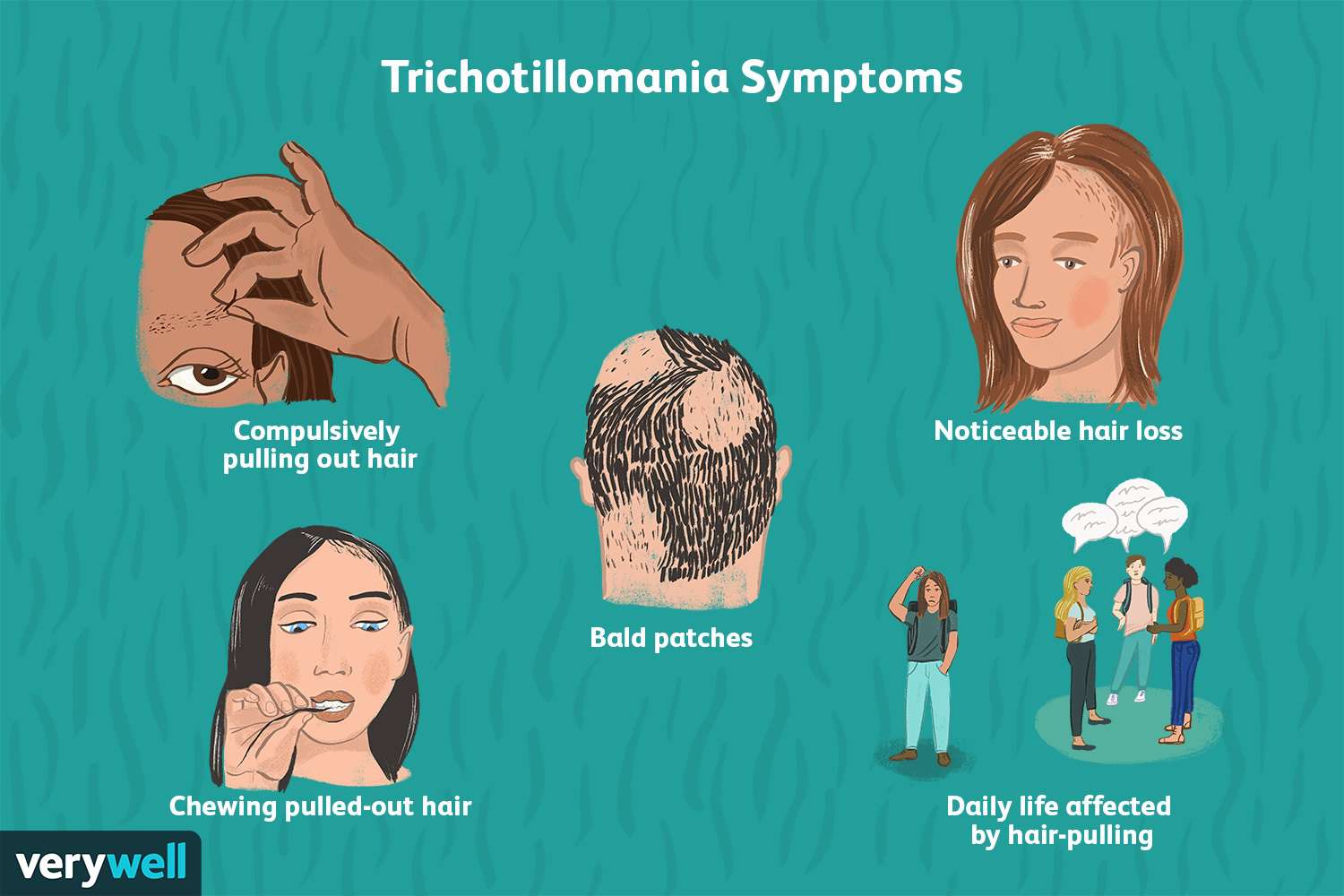What is Vascular Cognitive Impairment (VCI)?
Vascular Cognitive Impairment (VCI) is a condition characterized by cognitive decline caused by damage to blood vessels in the brain. This damage can result from various factors, including stroke, high blood pressure, diabetes, and heart disease.
Symptoms of VCI
Symptoms of VCI can vary depending on the severity of the condition and the specific areas of the brain affected. Some common symptoms include:
- Memory problems: Difficulty remembering recent events or names.
- Difficulty with thinking and reasoning: Trouble with problem-solving, decision-making, and planning.
- Language difficulties: Problems with understanding or expressing language.
- Visuospatial problems: Difficulty with tasks that require visual perception and spatial reasoning.
- Changes in mood or behavior: Irritability, apathy, or depression.
Risk Factors for VCI
Several risk factors can increase your chances of developing VCI:
- High blood pressure: One of the most significant risk factors.
- Diabetes: High blood sugar levels can damage blood vessels.
- High cholesterol: High cholesterol levels can contribute to atherosclerosis, which can lead to vascular damage.
- Smoking: Smoking increases the risk of stroke and other cardiovascular diseases.
- Obesity: Excess weight can increase the risk of heart disease, stroke, and diabetes.
- Physical inactivity: Lack of physical activity can contribute to heart disease and stroke.
Prevention and Management of VCI
While there’s no cure for VCI, several strategies can help prevent or slow its progression:
- Control risk factors: Manage blood pressure, cholesterol, and blood sugar levels.
- Healthy lifestyle: Maintain a healthy diet, exercise regularly, and avoid smoking.
- Cognitive stimulation: Engage in activities that challenge your brain, such as puzzles, games, and learning new skills.
- Social engagement: Maintain social connections to reduce stress and improve mental health.
- Medical treatment: Medications may be prescribed to manage specific symptoms, such as blood pressure or cholesterol.
If you’re concerned about cognitive decline, it’s important to consult with a healthcare professional for a proper diagnosis and treatment plan. Early detection and intervention can help improve outcomes and slow the progression of VCI.



